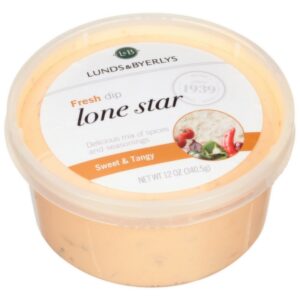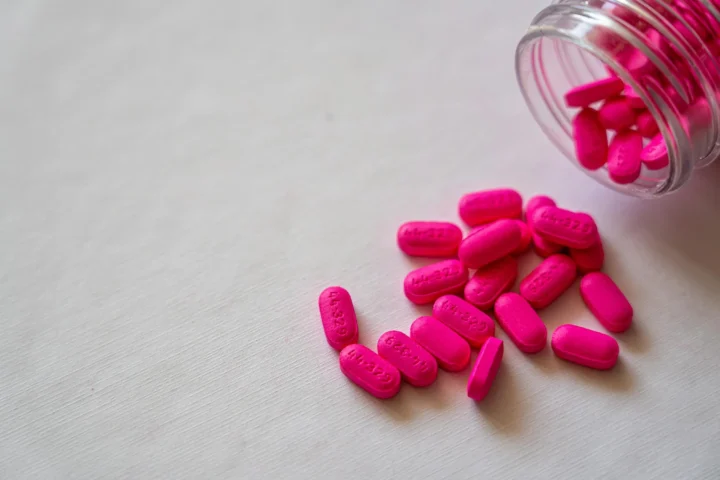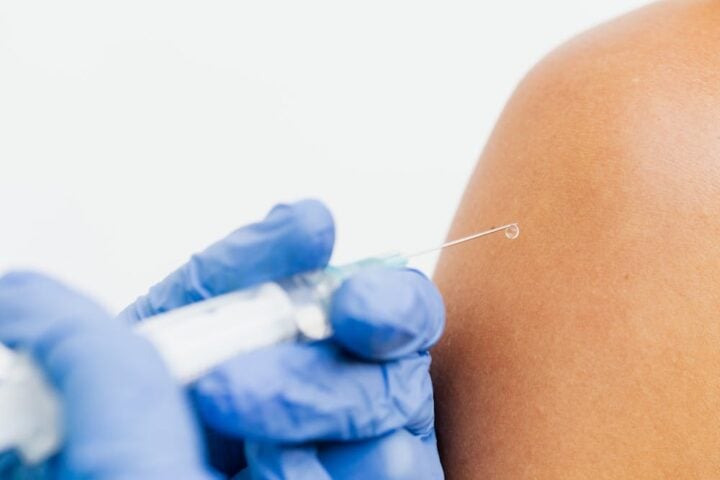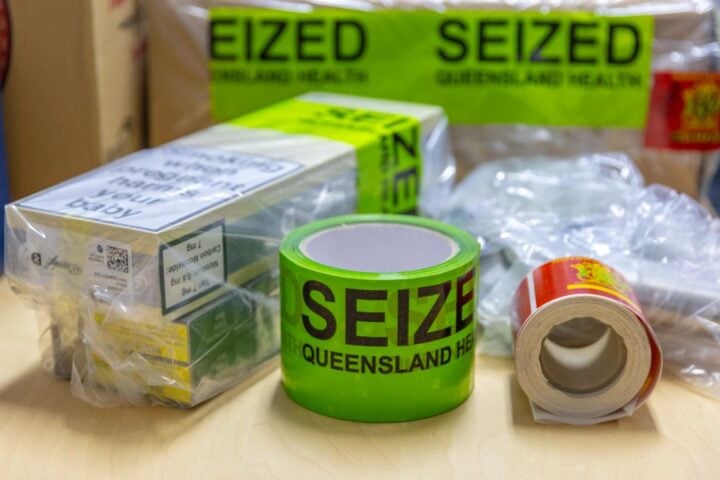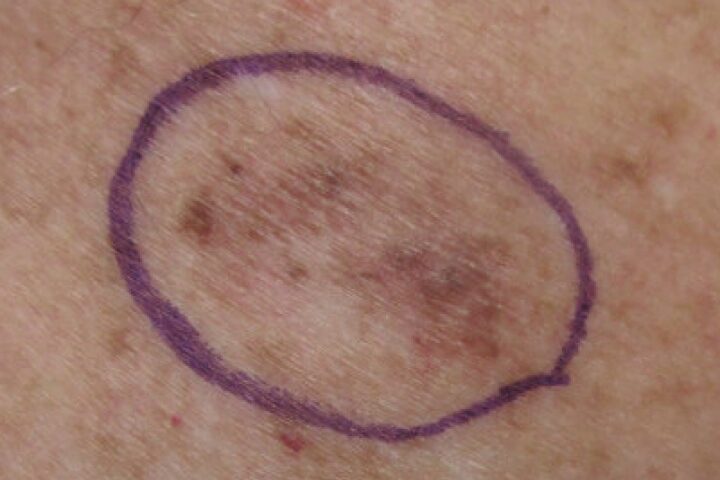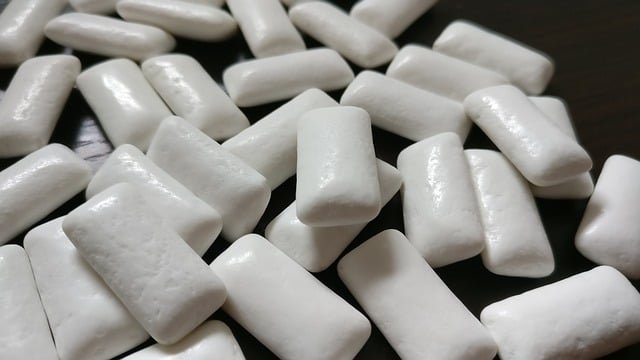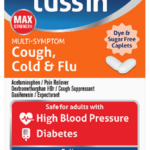To prioritize consumer safety, the upscale Minnesota supermarket chain Lunds & Byerlys has voluntarily recalled approximately 500 containers of its popular Lone Star Dip. The recall, announced by the Food and Drug Administration (FDA) on October 4, 2024, follows the potential mold growth in the product.
Key Details of the Recall
The affected product is the 12 oz. L&B Lone Star Dip, sold at Lunds & Byerlys stores throughout the Twin Cities and surrounding areas. Consumers should check for the following identifiers:
- Brand Name: L&B
- Product: Lone Star Dip
- Size: 12 oz.
- UPC: 18169-74197
- Best By Dates: 10-15-24 and 10-17-24
Customers who have purchased the dip with these specifications are advised to return it to any Lunds & Byerlys location for a full refund, with no receipt necessary. Alternatively, they should dispose of the product immediately.
How the Issue Was Discovered
The potential mold contamination was first identified by alert store employees, who promptly reported their concerns to the company’s Quality Assurance team. This swift action highlights the importance of vigilant staff and robust internal quality control systems in maintaining food safety standards.
As of the recall announcement, no illnesses have been reported concerning the affected dip. The recall is being conducted as a precautionary measure to ensure consumer well-being.
Consumer Response and Company Contact Information
For those with questions or concerns about the recall, Lunds & Byerlys has set up a dedicated phone line. Customers can call 952-548-1400 between 9 a.m. and 9 p.m., seven days a week, for additional information.
The Broader Context of Food Safety
This recall is part of a larger trend in the food industry, where companies and regulatory bodies are increasingly vigilant about potential contamination issues. According to FDA data, the total number of food recalls has risen significantly; between 2020 and 2023, recalls increased by over 20%. In 2023, there were 547 food recalls, compared to 454 in 2020.
Mold contamination is one of several causes of food recalls, but specific percentages related to mold were not provided in the available data. Instead, allergen contamination was the leading cause, responsible for nearly 40% of all recalls, followed by bacterial contamination at 21.1%.
Similar Posts
The Role of Quality Assurance in Food Safety
The Lunds & Byerlys recall highlights the critical role of quality assurance in the food industry. Food industry enthusiasts expresses, “How Quality assurance teams are the unsung heroes of food safety. Their diligence in monitoring products and responding to potential issues is essential in preventing foodborne illnesses and maintaining consumer trust.”
Improving Food Safety Standards
Recent years have seen a push for more stringent food safety regulations and improved company practices. The Food Safety Modernization Act, signed into law in 2011, has led to increased preventive controls and more frequent inspections of food production facilities.
Brian Ronholm, director of food policy at Consumer Reports, emphasized the importance of recalls in maintaining food safety: “We aren’t saying people need to avoid these foods entirely… But it can help consumers and caregivers be aware of how to properly handle these foods, and when to avoid consuming certain items in order to stay safe.”
What Consumers Should Know
As food recalls become more common, consumers play a crucial role in staying informed and taking appropriate action. Here are some tips for navigating food recalls:
- Stay informed: Regularly check FDA recall announcements or sign up for recall alerts.
- Check your pantry: Compare product details carefully against recall notices.
- Don’t panic: Most recalls are precautionary measures.
- Follow instructions: Return or dispose of recalled products as directed.
- Seek medical attention if needed: If you’ve consumed a recalled product and feel unwell, consult a healthcare professional.
The Lunds & Byerlys Lone Star Dip recall serves as a reminder of the ongoing efforts to ensure food safety in our communities. By staying informed and taking appropriate action, consumers can work together with companies and regulators to maintain a safe food supply.
For the latest updates on this recall and other food safety information, visit the FDA’s official website at www.fda.gov.
